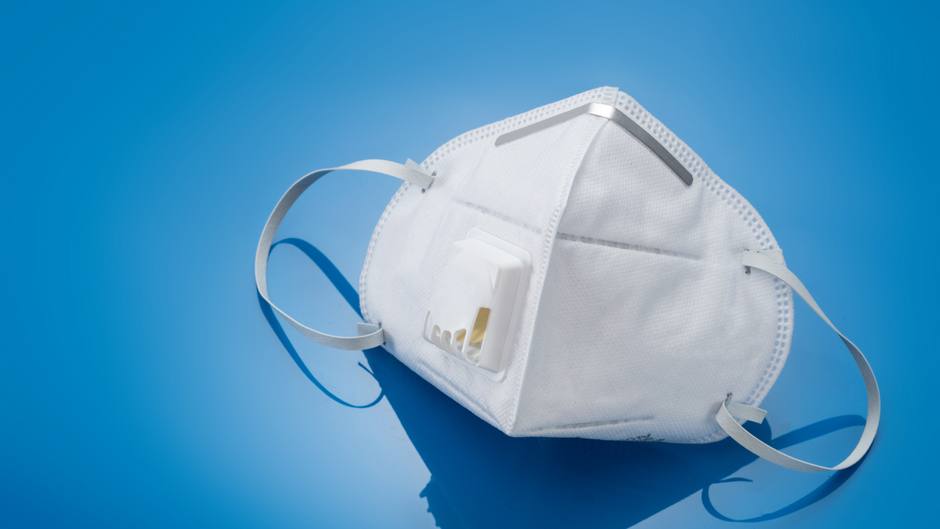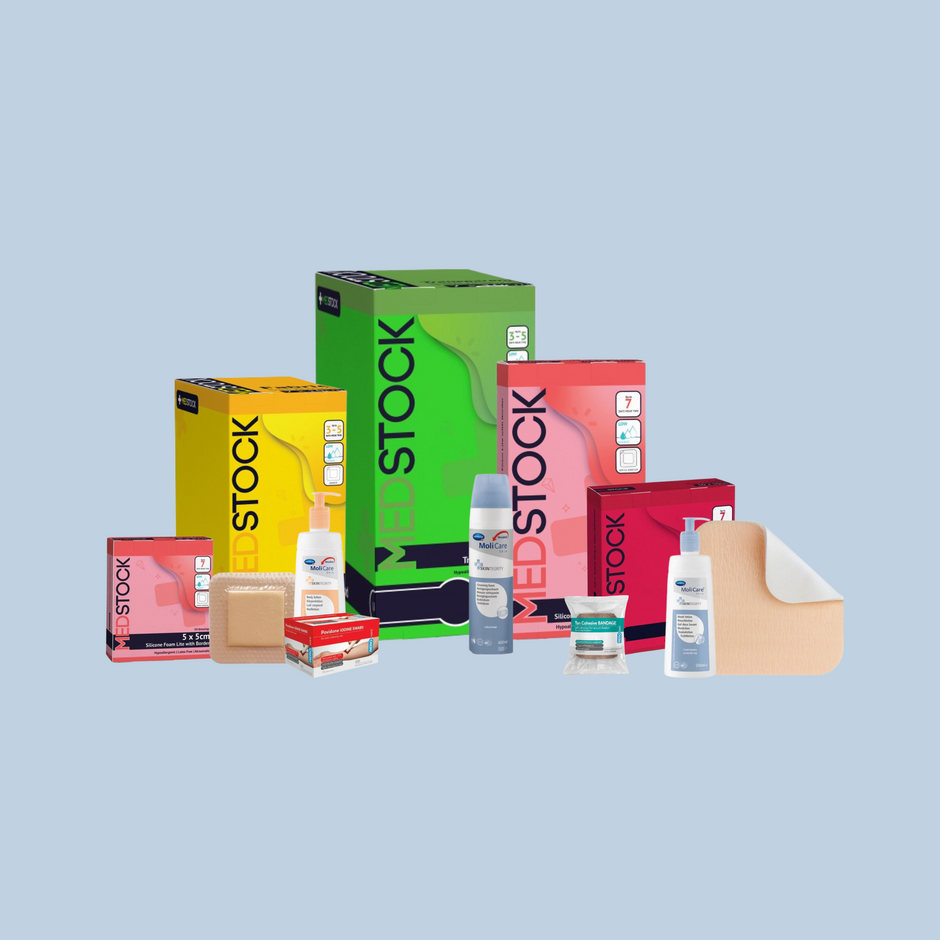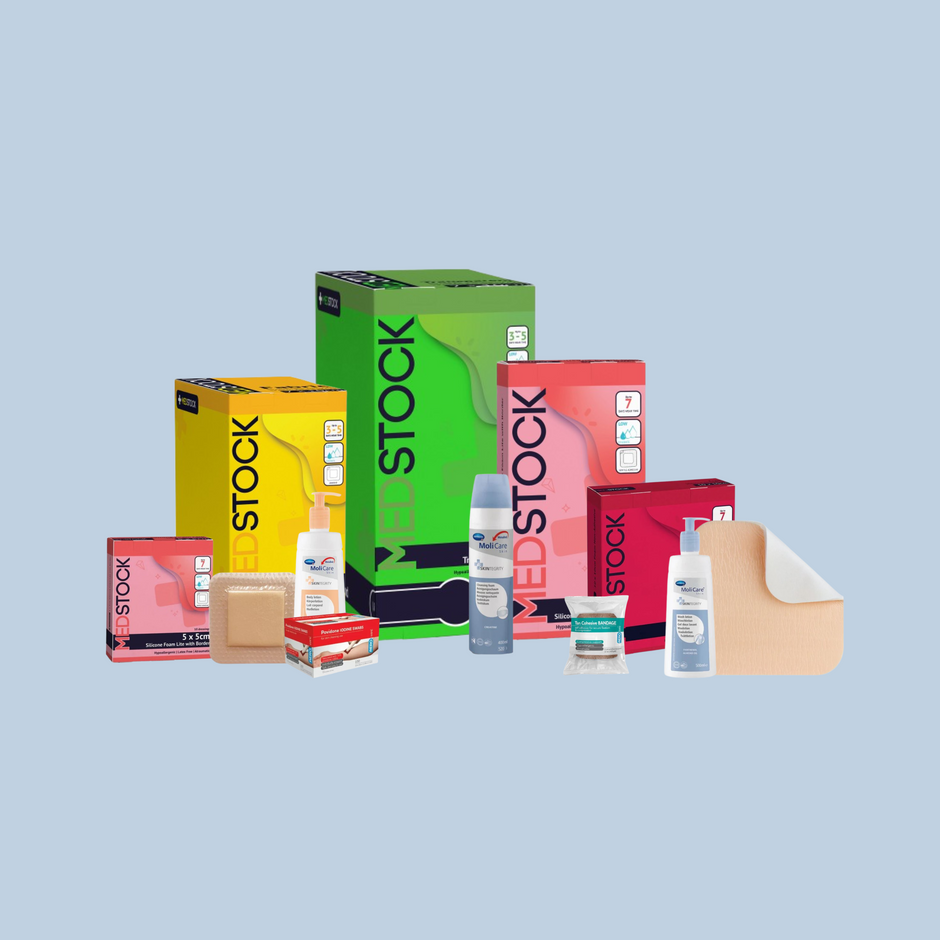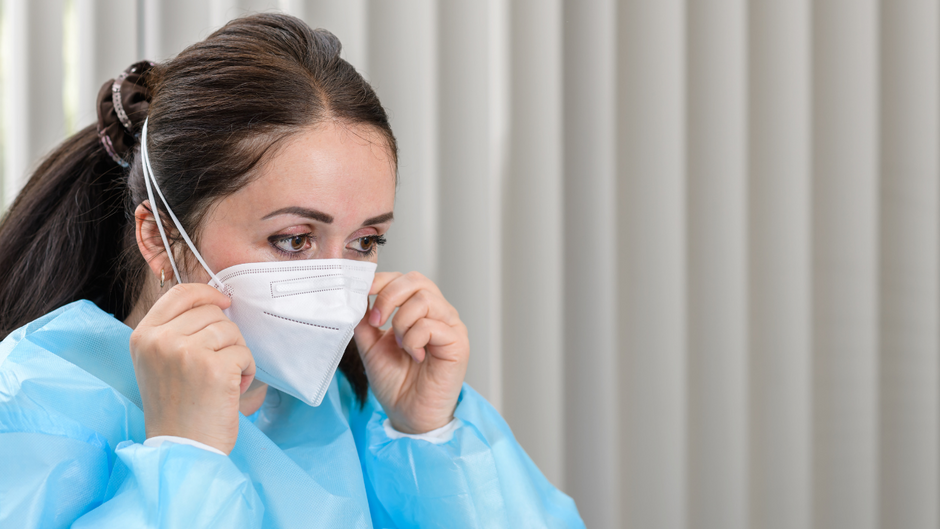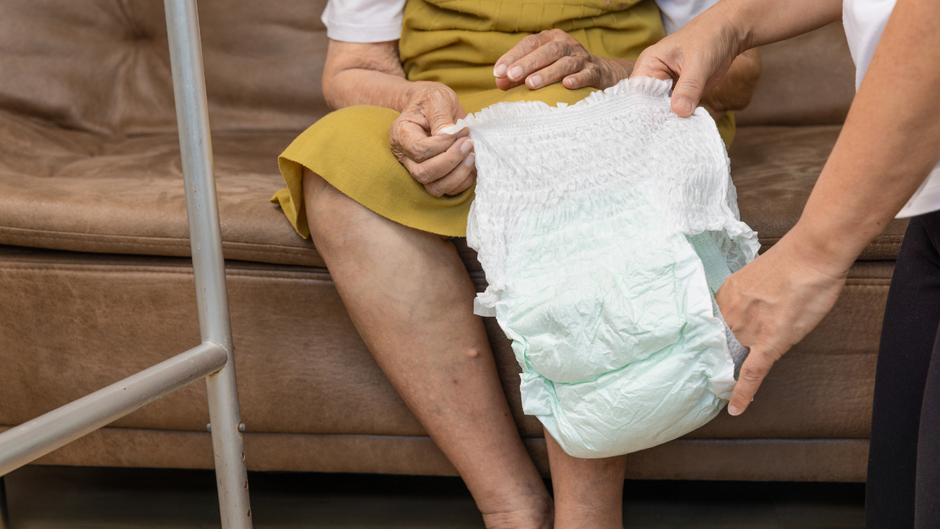Wearing a face mask has become standard since the coronavirus outbreak (COVID-19). Therefore, wearing a face mask when going out in public is advisable to protect yourself and others from the virus. However, some people report that wearing a medical face mask for an extended period can lead to irritation and redness in the eyes.
There are three main ways in which wearing a face mask can lead to irritation and redness in the eyes:
- The mask prevents air from circulating properly around the eyes, leading to dry eye syndrome.
- The mask traps allergens and pollutants close to the eyes, leading to irritation and inflammation.
- The ongoing friction of the mask on the face can irritate the delicate skin around the eyes.
While it is true that mask-wearing can lead to irritation and redness in the eyes, it is necessary to recognise that this is only a temporary side effect. Wearing a face mask is still the best way to protect yourself and others from the COVID-19 virus.
How to Combat Dry and Irritated Eyes From Mask Wearing
As we have already established, it is no secret that wearing a surgical face mask can cause irritation and dryness in and around your eyes. And, of course, with the COVID-19 pandemic still raging, more and more people are still regularly donning masks. If you are one of many struggling with dry eyes caused by wearing a mask, never fear. You can combat this issue in several ways.
The first thing you can do is make sure that your mask fits properly. A mask that is too tight or doesn't seal properly can cause dryness and irritation by allowing outside air to flow inwards. If your mask is causing discomfort, try adjusting it or finding a different style that fits better.
You can also try using lubricating drops or ointments to help combat dryness. These products can help keep your eyes moist and prevent irritation. But be careful to avoid using anything that could affect your vision, like typical store-bought products. And if you wear contact lenses, consult with your optometrist before using any type of lubricant.
If you wear a surgical mask daily, it is essential to clean it regularly and avoid wearing it for more than a few hours at a time. Consult your doctor if you experience extreme irritation, redness, or pain.
By implementing these guidelines, you can help keep your eyes healthy and comfortable while still doing your part to prevent COVID-19 from spreading any further.
Can Face Masks Cause Mouth Sores
Following the COVID-19 pandemic, face masks remain a common sight. While wearing a face mask is an integral part of slowing the spread of the virus, some people report experiencing mouth sores because of wearing a mask. So, can surgical face masks for COVID-19 cause mouth sores? Let's look at the research.
Mouth sores are an unfortunate but typical side effect of wearing a face mask, mainly when they are made from abrasive materials. The regular friction of the mask against your skin can irritate the tissue and cause minor cuts or abrasions, which can then become infected. Additionally, wearing a face mask can trigger an outbreak if you already have a cold sore or another type of viral infection in your mouth.
The hot and humid climate under a mask is the perfect breeding ground for bacteria. This growth of bacteria can cause inflammation around the mouth and lips, causing sores on and in the mouth that crack and bleed.
You can take action to help prevent mouth sores from developing while wearing a face mask. First, find a mask made of soft cotton or another soft, breathable material. If you can't find a soft mask, use a facial moisturiser or barrier cream to help protect your skin. Also, avoid touching your face while wearing the mask, and wash your hands thoroughly after removing them. Lastly, taking a break from wearing a surgical mask every few hours is advisable to allow fresh air on your skin.
Wearing a face mask is necessary to slow the spread of COVID-19, but it's also critical to be conscious of the potential side effects. If you experience any mouth sores due to wearing a face mask, there are steps you can take to help prevent them from developing. Speak with your doctor if you have any concerns.
Are Face Masks Mandatory in Victoria Schools
All students and staff attending primary and secondary schools in metropolitan Melbourne and the Mitchell Shire are technically not mandated by the Victoria government to wear masks while at school. However, because of the rising COVID-19 cases over the recent winter months, the Department of Education urged parents to encourage their children over eight to wear children’s face masks in schools.
The Department of Education and Training advised: "Face coverings should be worn by children where social distancing cannot be maintained, such as on public transport and in communal areas like corridors. Face coverings are not required in classrooms and other learning spaces where students are seated and facing forward. However, they are still advisable."
Many parents are still wondering if face masks will become mandatory again in all schools across Victoria. So far, the government has not made any announcements regarding this.
Only time will tell if face masks become mandatory in all Victoria schools. In the interim, discussing the pros and cons of your child wearing a mask at school is essential. If your child has to wear kid's face masks, ensure they have several clean ones to rotate so they are not constantly touching their face. And remind them to wash their hands regularly!
AusMed Health – Your Surgical Mask Provider
AusMed Health provides only the best quality masks to protect you from COVID-19 while combating mask-wearing's side effects.
With us as your surgical mask provider, you can rest assured that you will get top-notch service and products.
Please reach out and contact us via email at contact@ausmedhealth.com.au or give us a call at +613 9560 3168
Mobile: 0414 565 840 or 0419 511 731.



